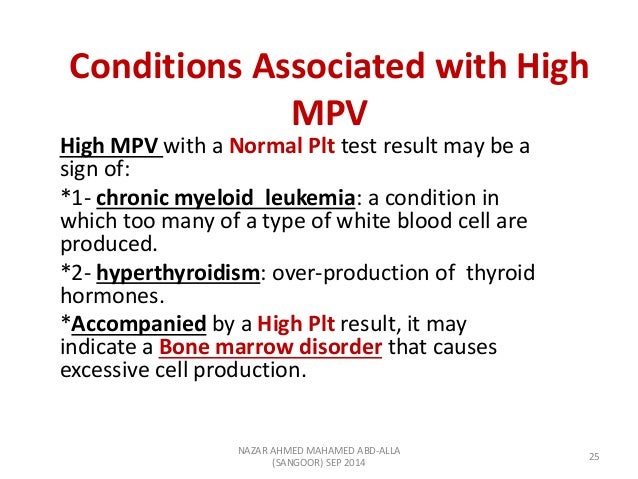

“Further research is required to get a definitive answer as to whom aspirin really benefits, under what circumstances it does work and does not work, and just how much is required in different people,” he adds. So, it remains unclear if the residual differences in platelet function impact the drug’s overall beneficial effects, and if the doses used in earlier studies were sufficient to decisively prevent heart attacks in women. “But women started at a higher baseline level of platelet aggregation and remained slightly higher even after taking aspirin. “Our results show that aspirin does what it is supposed to do in both men and women,” says platelet biologist and study co-author Nauder Faraday, M.D., an associate professor at Hopkins. “Aspirin has been proven by all previous studies to lower the risk of stroke and, as our latest findings show, it also reduces platelet aggregation that can lead to potentially fatal clots in blood vessels.” “Women are clearly benefiting from taking aspirin and should continue to take it to improve their cardiovascular health,” says study senior investigator Diane Becker, M.P.H., Sc.D., a professor at The Johns Hopkins University School of Medicine and Bloomberg School of Public Health. Previous results, the researchers say, were not likely caused by the failure of aspirin to prevent platelets from clumping together and forming blood clots in women. The study findings appear in the Journal of the American Medical Association online March 21, and challenge the conclusions from several other recent studies, including the federal Women’s Health Study, which showed low-dose aspirin had no effect in preventing heart attacks in women, even though it worked in men.

However, while the drug’s overall effects on blood cell function were the same for men and women, the investigators found that women’s platelets reacted somewhat more strongly to aspirin before the start of therapy, and remained so even after treatment. Clots in blood vessels of the heart and brain can cause heart attacks and strokes.

In what is believed to be the first direct comparison of blood cell testing in both sexes of 81 milligrams of acetyl salicylic acid a day, Hopkins researchers found aspirin therapy prevents the clumping together of these clot-forming cells, called platelets. Study challenges earlier research claiming little benefit for womenĪ once-daily pill of low-dose aspirin helps lower the potential for clot-forming blood cells - in both men and women - to stick together in narrow blood vessels, a study from Johns Hopkins shows. HOPKINS STUDY SHOWS LOW-DOSE ASPIRIN SUPPRESSES CLUMPING OF BLOOD PLATELETS IN BOTH SEXES


 0 kommentar(er)
0 kommentar(er)
